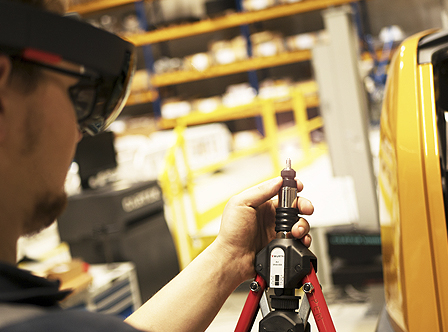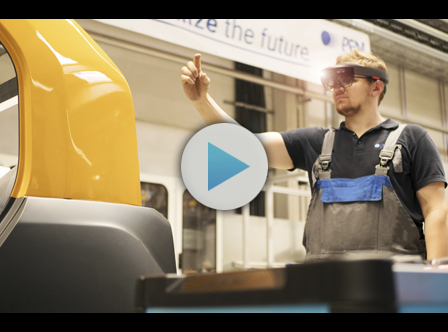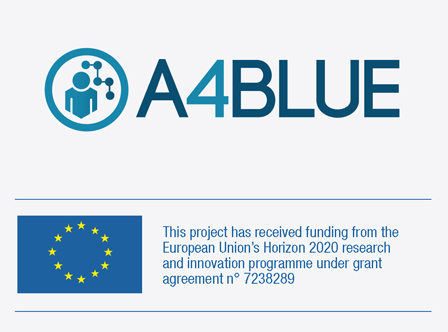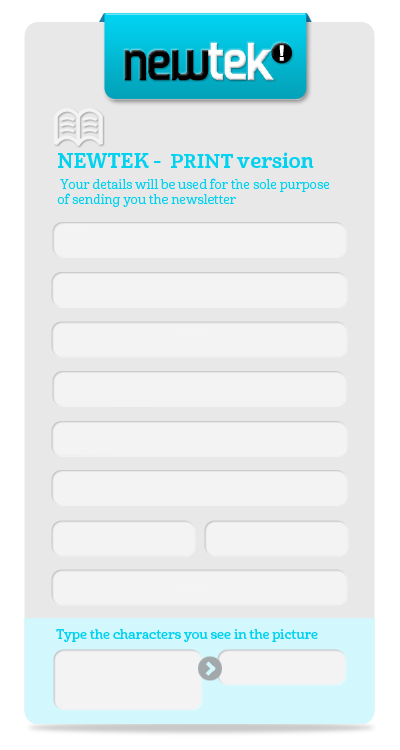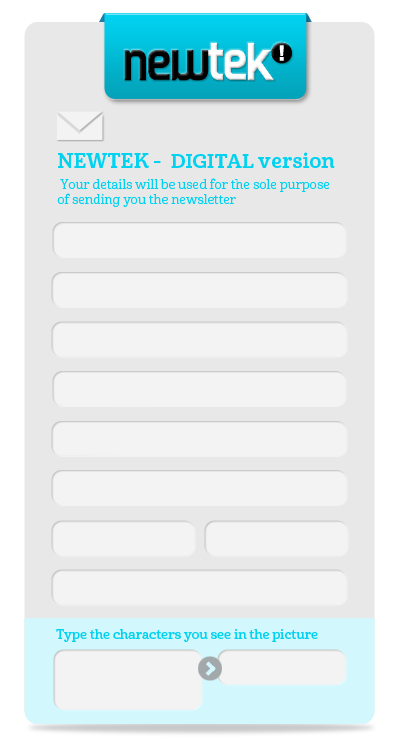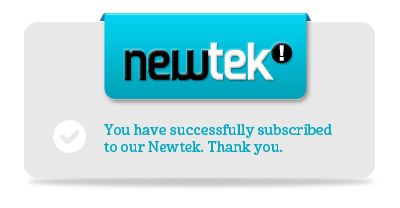NEWS
The A4BLUE European project led by IK4-TEKNIKER incorporates automation mechanisms to manufacturing environments to adapt production systems to workers and enhance their capabilities.
Due to the presence of intense competition in the aeronautical business and continuous implementation of technological developments, manufacturers are currently under pressure to increase their productivity figures and develop highly resilient production systems.
The purpose of the A4BLUE project that kicked off in 2016 and will end in September 2019 consists in ensuring that all of these systems will meet workers' needs in full. Its aim is to develop and validate a new generation of sustainable and adaptive workplaces to cope with continuous changes in process requirements that can adapt to workers' characteristics.
A4BLUE introduces adaptive automation mechanisms allowing tasks to be performed efficiently and flexibly together with secure person-machine interaction and customised training and assistance for workers during assembly operations featuring augmented and virtual reality.
The adaptation process itself does not only cover automation but also the entire workplace so it can adapt to worker needs and profiles. It is based on an IoT (Internet of Things) architecture that allows knowledge related to the the production context to be obtained by compiling information via different elements located in the environment such as, for instance, automation equipment, safety sensors, devices for interactions to take place between operators and the automation itself via voice/gestures and systems for production management.
A number of technologies have also been developed to establish the optimum level of automation for production facilities and evaluate the degree of worker satisfaction and the extent to which it can be used in new production environments.
The consortium currently involved in the A4BLUE project is testing four new workplaces in real environments in which aeronautical companies such as Airbus and CESA, Compañía Española de Sistemas Aeronáuticos (a division of the Héroux-Devtek group), the renowned RWTH University of Aachen and IK4-TEKNIKER itself are monitoring pilot validation implementations.
As regards Airbus, the scenario chosen is based on the assembly of a complex hydraulic system installed on wings. In this particular instance, the aim was to provide flexibility and productivity by introducing "smart" tools that can be automatically adapted to different process parameters during assembly as a function of the production context. During this assembly process, operators are guided, step by step, by glasses equipped with augmented reality features.
Additionally, CESA, the European leader in terms of fluid-mechanical equipment, and nowadays known as Héroux-Devtek Spain, has set itself the goal of optimising the assembly of a hydraulic actuator on landing gear. Consequently, work is mainly focusing on reducing the duration of deburring processes and improving workers' ergonomic and safety conditions throughout the process. Smart tools are currently being introduced to allow workers to access and share information in different stages of an actuator's assembly process by using augmented reality devices that enhance their skills and guide them whilst they work.
IK4-TEKNIKER provides the third leg of this pilot research action by means an existing person-robot collaborative environment for the assembly of a latch valve used in the aeronautical sector. Mechanisms have been introduced to adapt the robot to the worker's characteristics, together with multi-modal interaction capabilities (voice and gestures) and customised assistance to perform assemblies. The robot also features active safety mechanisms in this collaborative environment to differentiate between inanimate objects and operators. It has been designed, moreover, to identify certain body parts to adapt its behaviour accordingly.
Finally, RWTH Aachen University has focused on improving the final assembly of electric vehicles. A4BLUE has built a mobile standalone platform that supplies tools to improve worker efficiency and ergonomy and interactions with the platform. It also provides workers with customised instructions based on their level of expertise and skills to conduct assemblies more efficiently with step-by-step guidance featuring augmented reality.
This project has received funding from the European Union’s Horizon 2020 research and innovation programme under grant agreement n° 723828.
